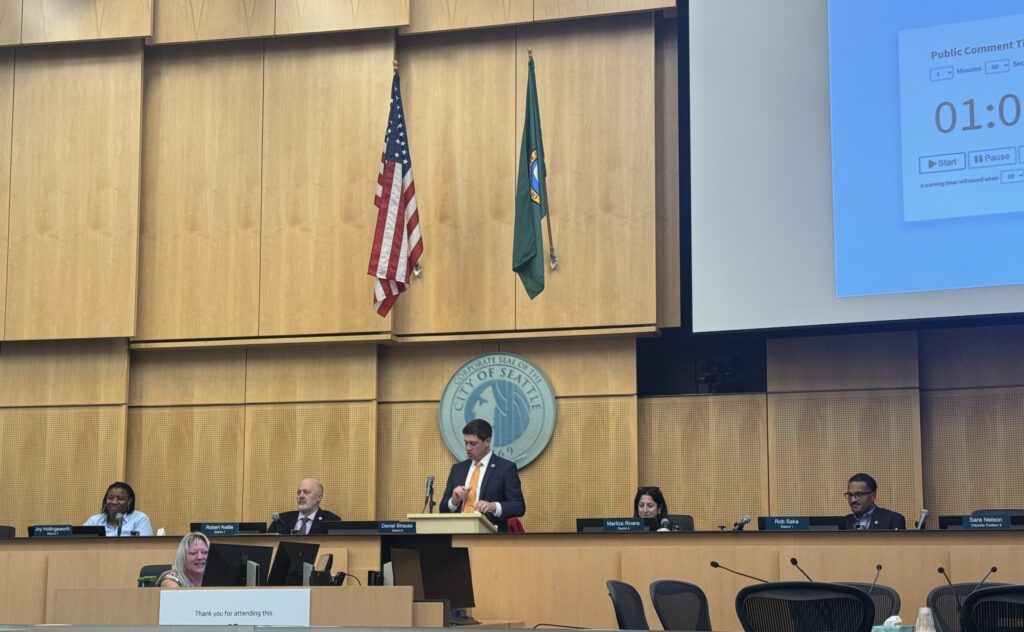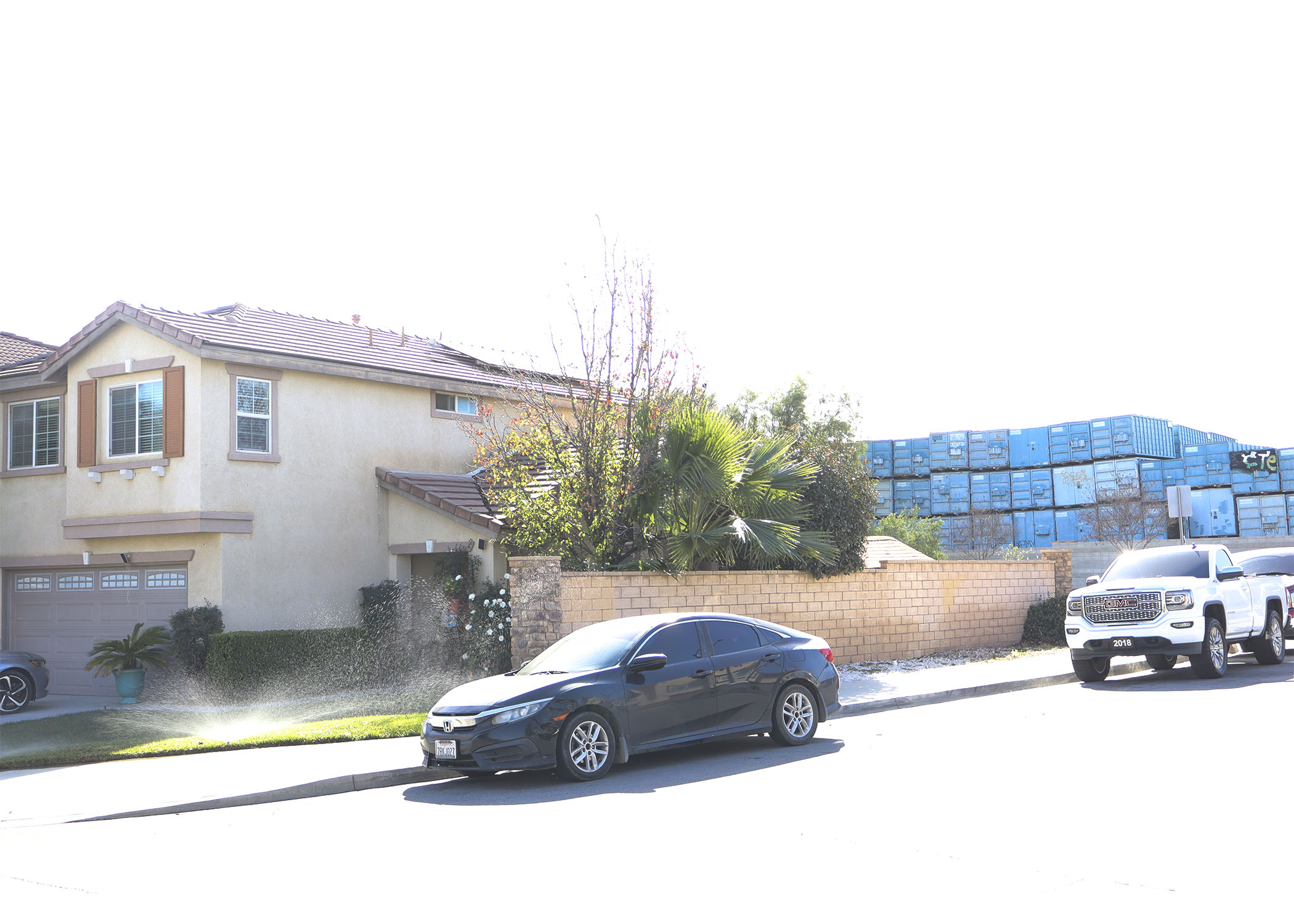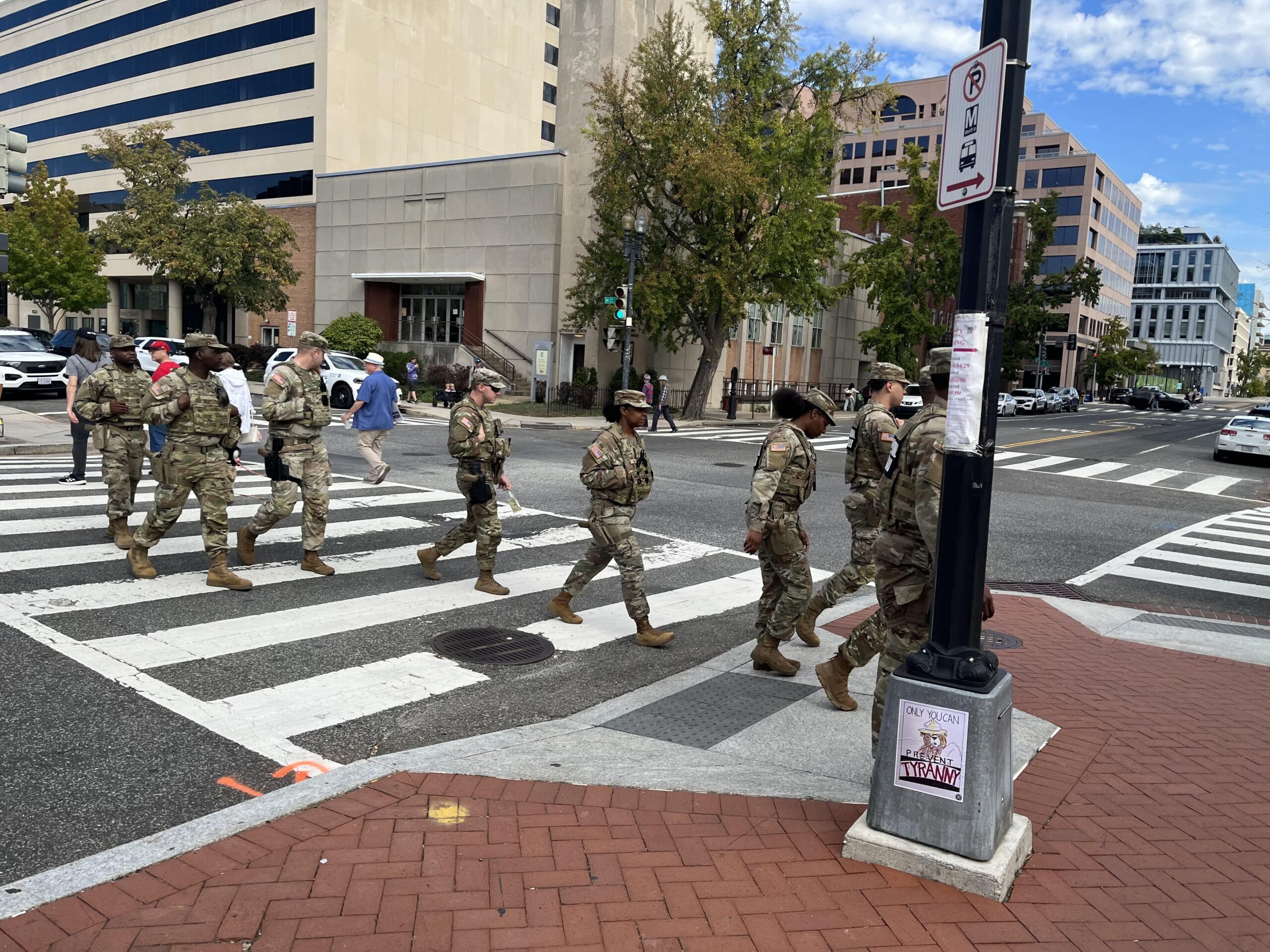(SEATTLE) — Citizens and community activists packed the Seattle City Council’s public hearing on Oct. 7 to advocate for affordable housing, rental assistance, and community outreach programs in the city’s 2026 draft budget.
Seattleites used their allotted 60 seconds at the podium to acknowledge the city’s ongoing deficit and commend former Mayor Bruce Harrell’s proposed allocation of nearly $350 million in affordable housing, while highlighting the persistent need for housing-stability services.
As Seattle faces the lingering impacts of the COVID-19 pandemic, the drying up of state and federal funds, and a shrinking supply of low-income housing properties, most of the more than 50 speakers throughout the day’s remote and in-person sessions called attention to what the programs they work with could continue to provide with sustained or boosted funding next year.
More than a third of the in-person speakers represented Law Enforcement Assisted Diversion (LEAD) and CoLEAD, community programs run by Purpose. Dignity. Action. (PDA), a nonprofit social service and public safety reform organization.
LEAD, in collaboration with a range of local entities from the Seattle Police Department to neighborhood programs like the Ballard Alliance and the U District Partnership, provides long-term case management and wraparound services for those experiencing extreme poverty, substance use disorder, or mental health crises. Standing alongside program peers, many LEAD and CoLEAD representatives used the committee’s time to raise awareness of how the organization helps individuals obtain essential documents, navigate legal issues, and secure housing.
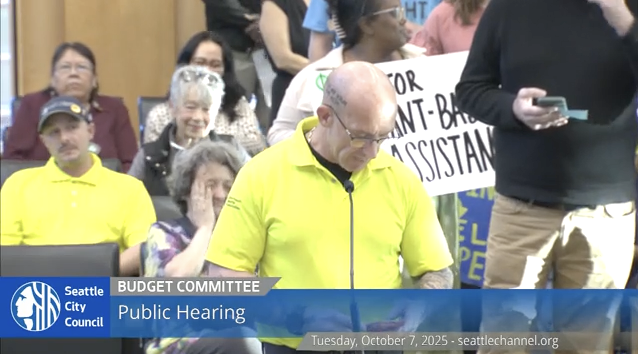
Dwight shares how the LEAD program impacted his life, as fellow community members look on [Credit: seattlechannel.org]
Seattle LEAD Program Director Sam Wolff used the Select Budget Committee’s time on Oct. 7 to bolster community partners, and spoke again on Oct. 8 to encourage LEAD funding in a critical time for the program as it’s challenged to offer nationally replicated community services amid decreasing resources.
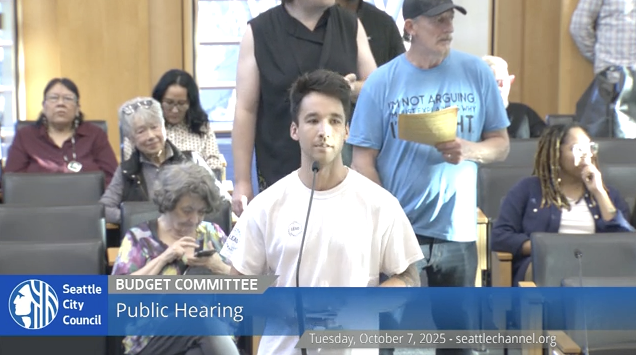
LEAD program director Sam Wolff speaks to the Select Budget Committee to communicate his appreciation for LEAD’s community partners [Credit: seattlechannel.org]
Other speakers included representatives from the Low Income Housing Institute (LIHI), a Seattle-based affordable housing and advocacy nonprofit, who held written signs aloft in support of their message. Each team member stepped up to the microphone with the same request: increase the allocated $11.4 million for rental assistance in the Office of Housing (OH) portfolio by an additional $10 million.
Known for their tiny homes, LIHI is responsible for approximately 3,800 units of affordable housing across 80 properties in the Puget Sound region. They contend that as low-income housing providers face increased operating costs, a new total of $21.4 million in publicly financed affordable housing could support both providers and individuals at risk of homelessness.
One individual affiliated with the LIHI organization explained that many tenants experienced sudden job loss or a reduction in income during COVID-19, yet still live in the same housing with the same rental rates. Repeatedly missed payments open individuals up to the risk of eviction and affordable housing providers to the risk of losing units. For provider and tenant alike, once access to the limited supply of housing is lost, advocates note that it’s much more challenging to find it again. Whereas if additional rental assistance funds were available in these circumstances, funds that could come from existing homelessness prevention sources, such as the JumpStart Payroll Expense Tax, it could help relieve the entire system.
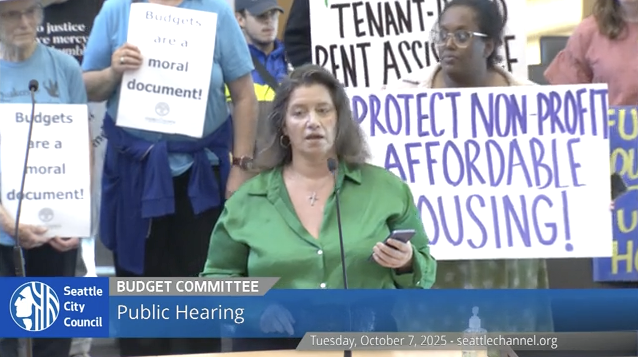
“I got sick … If at the time, I would have had rental assistance … I would never have been homeless,” shares a community member and former resident of a LIHI tiny home [Credit: seattlechannel.org]
Public hearing attendees were encouraged to email council@seattle.gov with additional comments. The city is set to approve the final budget on Nov. 21.
